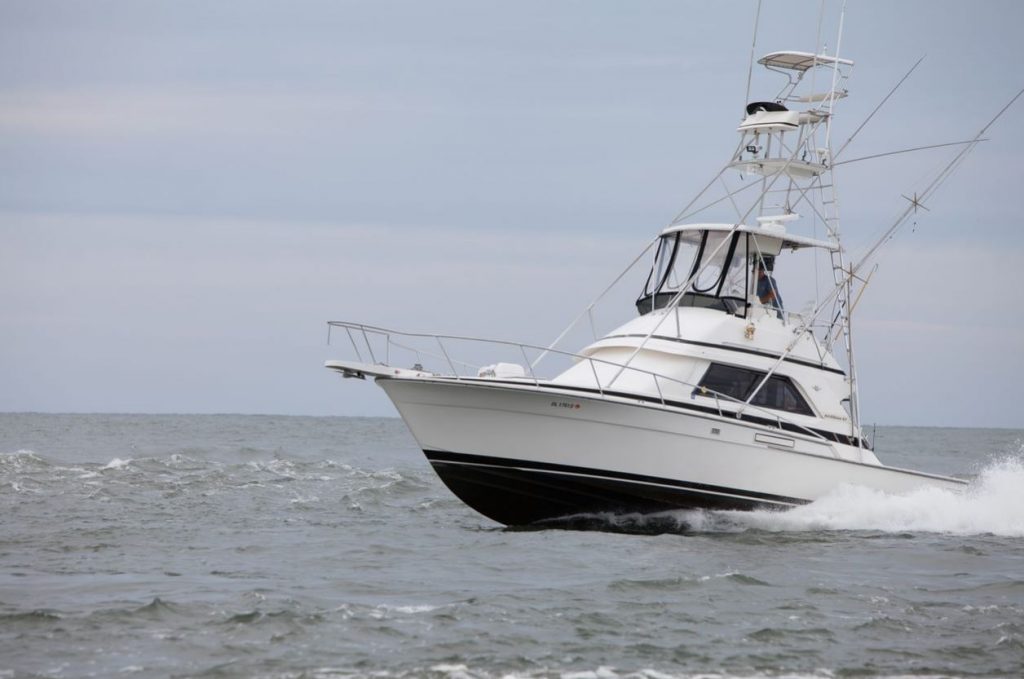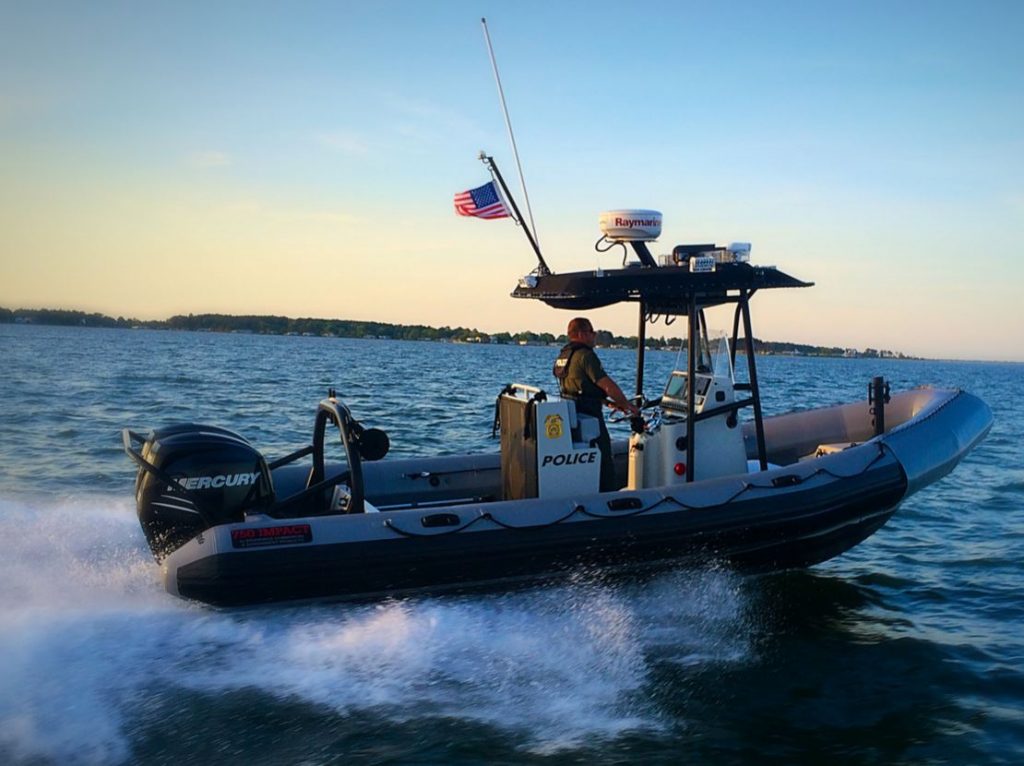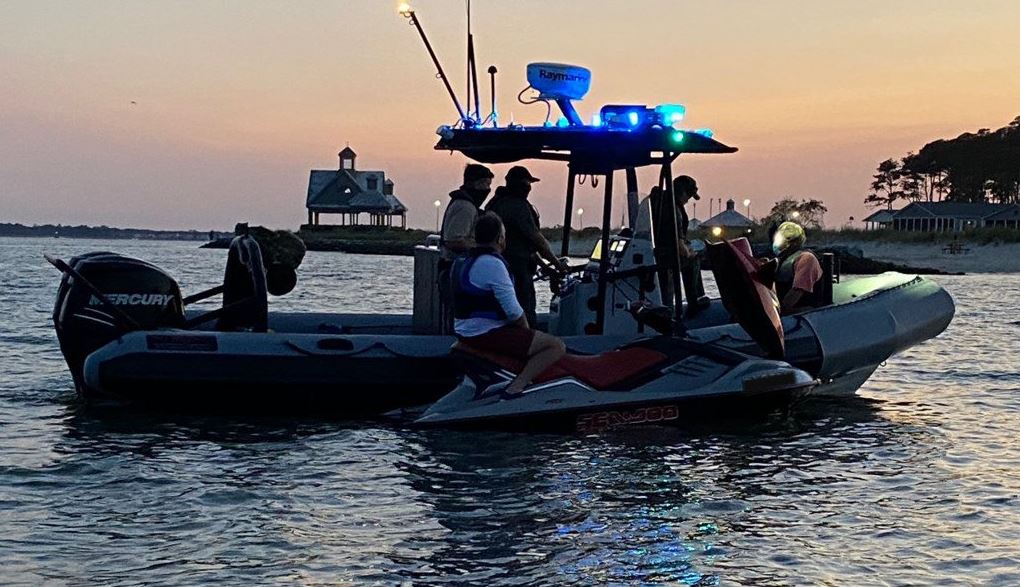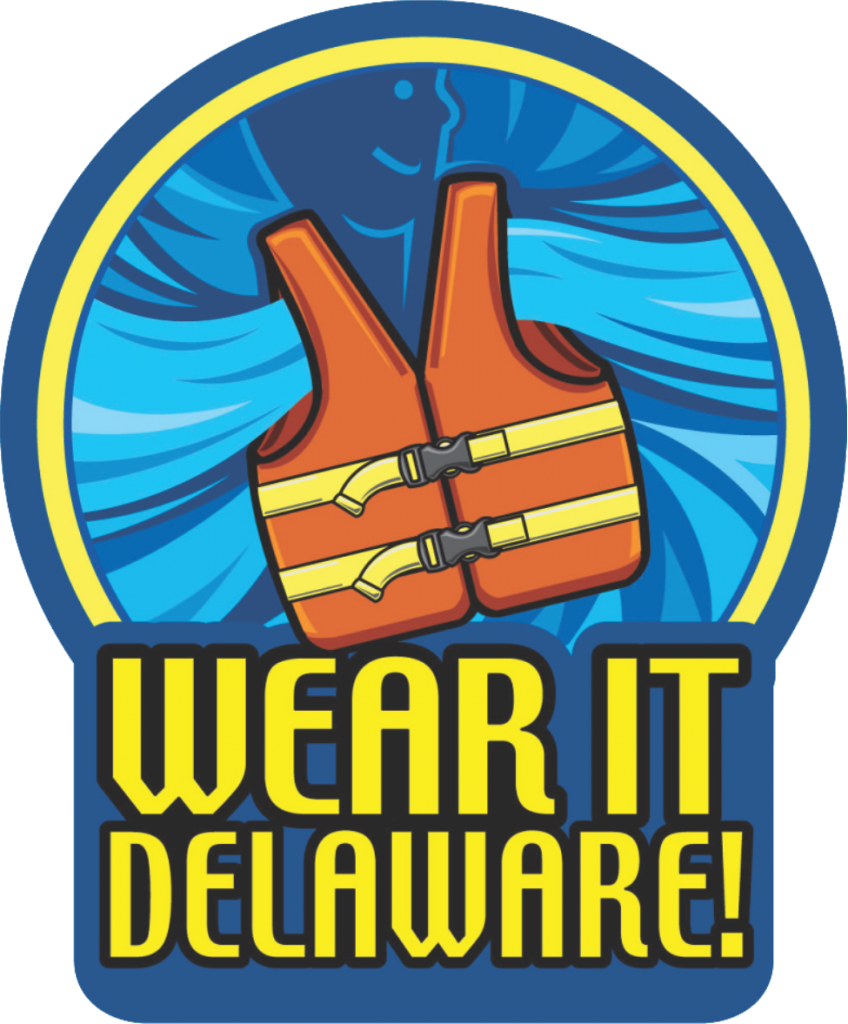by Joshua Hudson
 It’s the time of year to get out on a boat and explore the beautiful waterways in Delaware… if you can find a boat. Demand for boats is so high this year that marinas and boat retailers are having a hard time keeping up.
It’s the time of year to get out on a boat and explore the beautiful waterways in Delaware… if you can find a boat. Demand for boats is so high this year that marinas and boat retailers are having a hard time keeping up.
The Delaware Department of Natural Resources and Environmental Control has seen about 9,400 boats registered in the state this year as of late April, with more requests coming in every day. 2024 saw almost 44,000 vessels registered.
Needless to say, our waterways are packed with boat traffic. And more boats mean our Delaware Natural Resources Police must respond to more accidents and violations. There were 28 reported boat accidents in Delaware waters, including one unfortunate fatality, in 2024. So, it is important for those boating to remember to take operating a boat on the water just as seriously as driving a car on the road.
 Those who will be at the helm must prepare by taking a boater safety course, required for those who are born on or after Jan. 1, 1978, in Delaware. It provides great information, as well as reminders for seasoned boaters. The course includes topics like navigation rules, parts of a boat, boating laws and regulations in Delaware, and safety equipment to have onboard.
Those who will be at the helm must prepare by taking a boater safety course, required for those who are born on or after Jan. 1, 1978, in Delaware. It provides great information, as well as reminders for seasoned boaters. The course includes topics like navigation rules, parts of a boat, boating laws and regulations in Delaware, and safety equipment to have onboard.
Just under 3,000 students took – and passed – the course in 2024. It is available online as well as in-person and can be taken at your convenience. You must make sure that you always have proof of completion with you as it serves as your driver’s license on the water. Those renting a personal watercraft or boat for the day and who fall under the date requirement above also need to have taken a boater safety course and have it in their possession when on the water.
 Personal watercraft (PWC), also known as jet skis, are another popular choice when it comes to boating in Delaware. The laws differ for operating a jet ski versus a boat. Operators of PWCs in Delaware must be at least 14 years old. They must also take a boater safety course and show proof of doing so. Personal watercraft operators who are 14 and 15 years old are required to have an adult on board. Those who are 16 years of age who hold a boater safety card, can operate without adult supervision. When on a PWC, a life jacket must always be worn no matter what.
Personal watercraft (PWC), also known as jet skis, are another popular choice when it comes to boating in Delaware. The laws differ for operating a jet ski versus a boat. Operators of PWCs in Delaware must be at least 14 years old. They must also take a boater safety course and show proof of doing so. Personal watercraft operators who are 14 and 15 years old are required to have an adult on board. Those who are 16 years of age who hold a boater safety card, can operate without adult supervision. When on a PWC, a life jacket must always be worn no matter what.
 According to the latest U.S. Coast Guard statistics for 2023, where cause of death was known, 75% of fatal boating accident victims drowned. Of those drowning victims, 87% were not wearing a life jacket. Always wearing a life jacket while on the water can save your life.
According to the latest U.S. Coast Guard statistics for 2023, where cause of death was known, 75% of fatal boating accident victims drowned. Of those drowning victims, 87% were not wearing a life jacket. Always wearing a life jacket while on the water can save your life.
In Delaware when on a boat, it is required for anyone 12 and under to have a life jacket on and it’s recommended for all. Those over 12 not wearing a life jacket still must have a life jacket easily accessible and fitted to them on board.
Your boat’s safety equipment must also include a sound producing device, like a horn or a whistle; a fire extinguisher; a Type IV throwable (a cushion or ring buoy designed to be thrown to someone in trouble); and navigation lights.

Another very important safety consideration when operating a boat is to do it sober. Alcohol use is a leading known contributing factor to fatal boat accidents. All of these accidents are preventable by ensuring there is a sober operator. Always have a designated boater at the helm.
Always tell someone where you’re going, who’s with you, what time you plan to return and how to reach you. And keep an eye on the weather.
If you have a boating emergency or want to report a boating violation contact the Delaware Natural Resources Police 24-hour dispatch line at 800-523-3336. Or use your radio on channel 16.
For non-emergencies and to get all your boating questions answered you can call Delaware’s Office of Boating Safety and Education at 302-739-9915.
Captain Joshua Hudson serves in the Delaware Natural Resources Police within the DNREC Division of Fish and Wildlife. A version of this article was published in 2021. It has been updated in 2025.
Related Topics: adventure, boating, education, fishing, fun, health, nautical adventures, outdoors and recreation